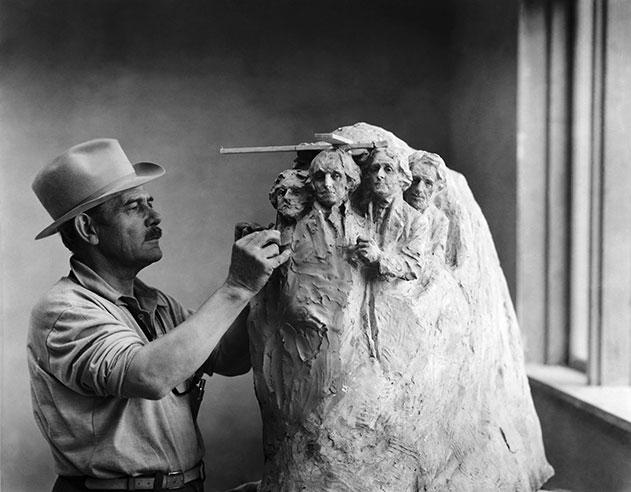Why, exactly, do we need heroes? I don’t mean children, but adult Americans who should know better. Sure, others can inspire us, but can that inspiration come only if we’ve whitewashed their negatives, if we’ve turned them into pretty lies? Do we scrub their sins to remove our own? Why not just admit that we’re all pretty flawed? Ronald Reagan wasn’t really a cowboy and neither are you or I. Tear down the statues, all of them.
From Frank Rich’s New York magazine excoriation of Petraeus, Broadwell and our deep need to manufacture heroes from substandard materials:
“None of Petraeus’s recent history would matter were it not completely at odds with everything we knew about him prior to Election Day. As you go back through the many profiles that proliferated once he was center stage in Iraq, you hear mainly of his exacting scholarliness, his push-up contests and five-mile runs with his bros in the press corps, and his straight-arrow personal style. Some of the praise heaped on Petraeus was written by the same journalists and pundits who promoted the Iraq misadventure in the first place and saw in the cool intellectual general and his surge a tool for rehabilitating both their own tarnished reputations and the disastrous, gratuitous war that had recklessly diverted American resources from the actual post-9/11 threat in Afghanistan. In truth, Petraeus didn’t redeem the Iraq fiasco. What the surge did accomplish, as a trustworthy soldier-scholar, Andrew Bacevich of Boston University, recently noted, was to allow the United States to ‘extricate itself from Iraq without having to acknowledge abject failure.’ Petraeus’s subsequent tour of duty in Afghanistan, a sudden assignment after the resignation of Stanley McChrystal, and his fourteen-month tenure as CIA director accomplished far less. Finally, we are starting to learn why.
The general’s distracting adventures among the Real Housewives of Tampa on the home front were in the public domain, reported in the local press for anyone who wanted to look. No one in the national media bothered until sex and a catfight between Broadwell and Kelley entered the story. Also hiding in plain sight, and also ignored, was Broadwell’s own curious rise in the same media-think-tank Establishment that was glorifying Petraeus. All In was not actually written by Broadwell but by a Washington Post editor. A faux author, Broadwell was also a faux counterinsurgency expert: Though an Army officer, she had never been posted in a combat zone, and though she had enrolled in a doctoral program at Harvard’s Kennedy School (where she first networked with Petraeus), she had been asked to leave because of substandard course work.
Her book, reworked from her lapsed dissertation, is so saccharine and idolatrous that it can only be tolerated with an insulin injection. Nonetheless, All In attracted a roster of ecstatic blurbs, still visible on the book’s Amazon page, from two Pulitzer Prize winners and boldfaced names at NBC News, CNN, the Brookings Institution, and Foreign Affairs. (The prize entry is from Tom Brokaw, describing Petraeus as ‘one of the most important Americans of our time, in or out of uniform.’) Sure enough, this degree of celebrity networking helped propel Broadwell into a career as a television talking head and public speaker. She paraded her dubious expertise before such august organizations as the Aspen Institute, the Concordia Summit, and the United States Chamber of Commerce—sometimes sharing the program with Bill Clinton, John McCain, and Obama Cabinet members. Like Petraeus’s other efforts to court and stroke the press, his targeted deployment of Broadwell, his most determined and devoted personal publicist, to nearly every corridor of media power helps explain how the myth of his public persona was scrupulously enforced even after his days living large in Tampa. Broadwell was so effective at insinuating herself and her message into rarefied echelons of the military-media-political complex that we should be grateful that her only causes were herself and Petraeus. She would have been a killer foreign mole.”

